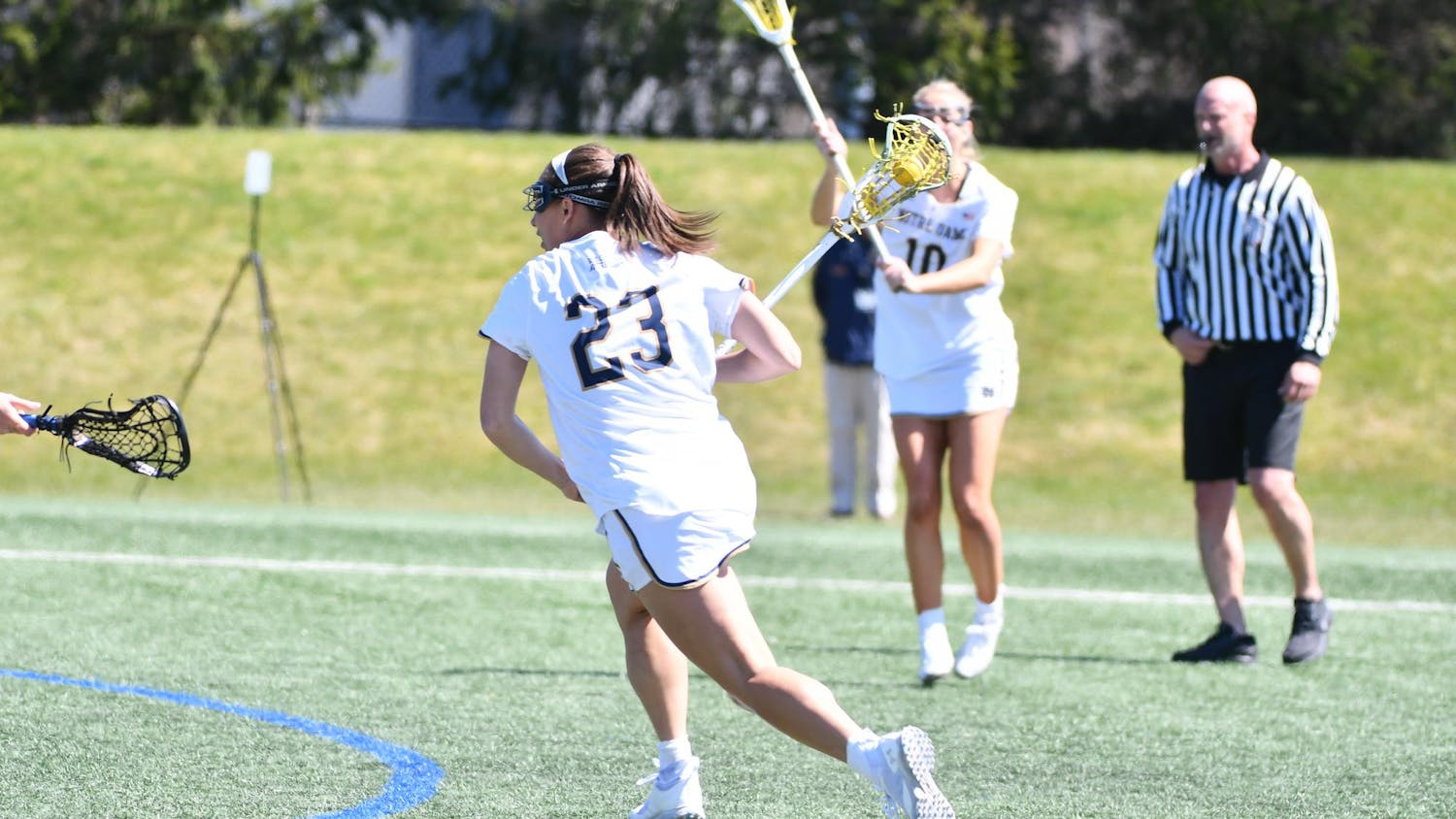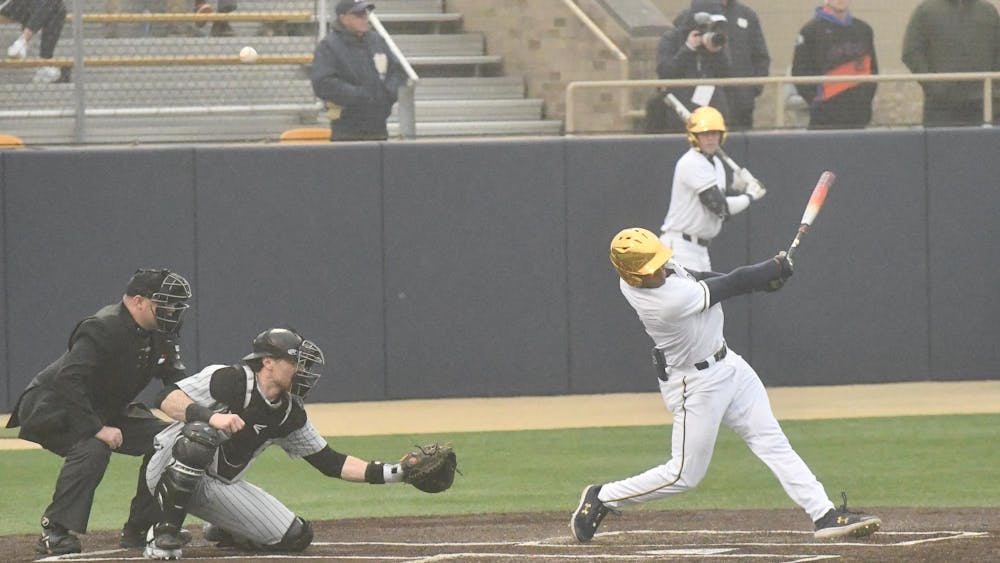The lights have dimmed and the curtain has closed on the 2010-11 Irish hockey season. It was a successful one, as Notre Dame advanced to the Frozen Four for just the second time in program history. With twelve rising sophomores expected to return, a brand new arena opening for the 2011-2012 season and just four seniors departing, much talk has already moved to next year and the seasons to come.
But as Notre Dame continues to establish itself as one of the top programs in the country, its future could be most affected by something they have no control over.

On March 21, the Big Ten conference announced its intention to add a hockey league, with play beginning in the 2013-14 season. The conference will consist of 2011 national runner-up Michigan, Michigan State and Ohio State from the Central Collegiate Hockey Association (CCHA), Minnesota and Wisconsin from the Western Collegiate Hockey Association (WCHA) and Penn State, who will begin competing in Division I during the 2012-13 campaign.
"Really, since Penn State came on board and said they're going to have Division I hockey, I would think most people concluded that given the dynamics and how it was all evolving, there would be a Big Ten conference at some point," then-CCHA commissioner Tom Anastos said March 19 in Detroit, two days before the Big Ten officially made its plans known. "My hope was that it would have been maybe five to seven years from now, but that's not reality."
With the CCHA losing three of its 11 members in the historically elite Wolverines and Spartans along with the big-budgeted Buckeyes, the fate of Irish hockey conference affiliation is uncertain. Remaining in the CCHA is a possibility, but it might be too difficult for Notre Dame and Miami (OH), the other CCHA juggernaut, to carry the conference alone.
Another possible option is the formation of a "super conference" between the Irish, the RedHawks and some WCHA members, including North Dakota and Denver, who have a combined 14 national championships, and 2011 national champion Minnesota-Duluth, among others. But there are imperfections with this plan given the vast geography covered and potentially devastating impact on other CCHA and WCHA teams.
Whatever the decision, much planning will need to occur, and discussions could take years.
"As a commissioner, I've talked to my other commissioner colleagues [and] we don't feel we can just move members like checkers," Anastos said. "It's a very personal thing for a school as to who they feel they associate with, what traditions they have in place [and] what level of resources they're able to put into their program. Sometimes people have this tendency to simplify an issue like this, — ‘These guys are located by these guys, so this makes sense.' I wish it was that simple. It's really not."

In what could be viewed as a sign of dissolution for the conference, Anastos left his post as CCHA commissioner to become Michigan State's head coach two days after the Big Ten made its official announcement.
Whether the CCHA disbands or not, Notre Dame, which has remained relatively quiet up to this point, will approach the matter carefully but with confidence, Athletic Director Jack Swarbrick said in a press release March 20.
"We had anticipated the hockey decision by the Big Ten Conference since the time that Penn State announced it would add hockey and build a hockey facility," Swarbrick said. "We will continue to monitor the landscape to determine what the Big Ten move will mean for college hockey nationally, but given the recent success of [Irish coach] Jeff Jackson's teams here at Notre Dame, plus the new hockey facility that will come online here next fall, I'm confident we will have every ability to continue competing at the highest level in the years to come."












